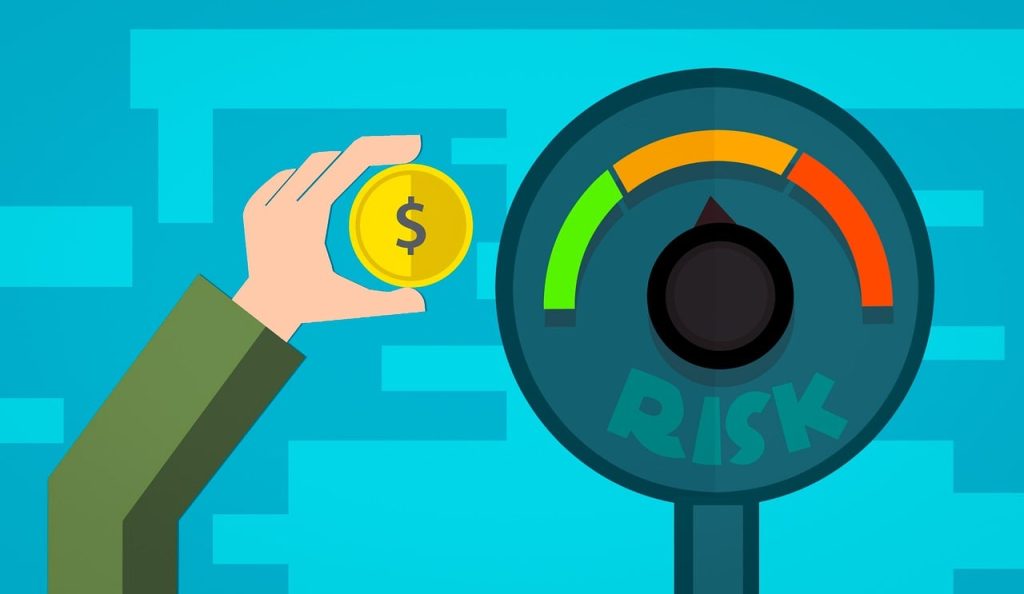As cryptocurrencies continue to gain mainstream adoption, the need for strong security measures to protect your investments becomes increasingly important. With cybercriminals constantly looking for new ways to exploit vulnerabilities, it is crucial to stay informed and prepared. In this blog post, we will explore several essential security tips to help you safeguard your cryptocurrency investments and keep them out of the hands of malicious actors.
1. Use a Secure Wallet
The first step in securing your cryptocurrencies is choosing a reliable and secure wallet. There are two main types of wallets: hardware wallets and software wallets. Hardware wallets, such as the Ledger Nano S or Trezor, are physical devices that store your private keys offline, making them less susceptible to hacking. On the other hand, software wallets are applications installed on your computer or mobile device. While these wallets are convenient, they are more vulnerable to hacking and malware.
When selecting a wallet, consider factors like security features, ease of use, and compatibility with your preferred cryptocurrencies. For added security, consider using a combination of both types, with a hardware wallet for long-term storage and a software wallet for day-to-day transactions.
2. Enable Two-Factor Authentication (2FA)
Two-factor authentication (2FA) is a security measure that requires users to provide two distinct forms of identification to access their accounts. This added layer of protection makes it more difficult for hackers to gain unauthorized access to your accounts. Most cryptocurrency exchanges and wallets support 2FA, typically using a combination of your password and a unique code generated by an authentication app like Google Authenticator or Authy. Ensure that 2FA is enabled on all your cryptocurrency-related accounts, including exchanges, wallets, and email.
3. Be Cautious with Phishing Attempts
Phishing is a common cybercrime technique where attackers trick users into providing sensitive information, such as passwords or private keys, by posing as a legitimate entity. To avoid falling victim to phishing attacks, always double-check the authenticity of any emails, websites, or apps you interact with. Look for telltale signs like poor grammar, spelling mistakes, or suspicious URLs. Never click on links or download attachments from unknown sources, and always verify the legitimacy of any communications you receive.
4. Keep Your Private Keys Private
Your private keys are the cryptographic keys that grant you access to your cryptocurrency holdings. As such, keeping them secure is paramount. Never share your private keys with anyone, even if they claim to be from a legitimate organization or service. Store your private keys offline, either on a hardware wallet, a securely encrypted USB drive, or even written down on a piece of paper stored in a safe location. Remember, losing your private keys is equivalent to losing your cryptocurrencies, so take all necessary precautions to keep them secure.
5. Use a Strong, Unique Password
Using a strong, unique password for each of your cryptocurrency accounts is essential for minimizing the risk of unauthorized access. A strong password should be at least 12 characters long and include a mix of uppercase and lowercase letters, numbers, and special symbols. Avoid using easily guessable information, such as your name, birthdate, or common phrases. To help you manage multiple unique passwords, consider using a reputable password manager like LastPass or 1Password.
6. Keep Your Devices and Software Up-to-Date
Regularly updating your devices and software is essential for protecting your cryptocurrency investments. Cybercriminals often exploit known vulnerabilities in outdated software to gain unauthorized access to your accounts. Ensure that your computer, smartphone, and any other devices you use to access your cryptocurrencies are running the latest operating system and security patches. Likewise, keep your wallet software and antivirus programs up-to-date to guard against new threats.
7. Be Wary of Public Wi-Fi Networks
Public Wi-Fi networks can pose significant security risks, as they are often poorly secured and can be easily compromised by hackers. When accessing your cryptocurrency accounts, avoid using public Wi-Fi networks, such as those in cafes, airports, or hotels. Instead, use a secure home network or a mobile data connection to ensure the safety of your transactions. If you must use public Wi-Fi, consider using a Virtual Private Network (VPN) to encrypt your internet connection and protect your data from prying eyes.
8. Implement a Secure Backup Strategy
Having a secure backup of your wallet and private keys is crucial to ensure you can recover your cryptocurrency investments in case of a device failure, theft, or other unforeseen events. Regularly back up your wallet’s data, including your private keys, recovery phrases, and any relevant transaction information. Store your backups in multiple secure locations, such as encrypted USB drives or cloud storage protected with strong passwords and 2FA. Ensure that you regularly test your backups to verify that they are functional and up-to-date.
9. Stay Informed and Educated
The cryptocurrency landscape is constantly evolving, with new threats and security measures emerging all the time. Stay informed about the latest developments in the industry by following reputable news sources, joining online communities, and participating in relevant discussions. Educate yourself on the best security practices and remain vigilant to protect your investments.
10. Consider Using a Multisig Wallet
A multisig (short for multi-signature) wallet is a type of wallet that requires multiple private keys to authorize transactions. This added layer of security can help protect your funds in case one of the private keys is compromised. Multisig wallets are especially useful for businesses or individuals managing large amounts of cryptocurrency, as they make it more difficult for attackers to gain access to the funds. Many wallet providers and exchanges offer multisig functionality, so explore this option if you’re looking for additional security measures.
Conclusion
Securing your cryptocurrency investments is an ongoing process that requires constant vigilance and proactive measures. By following the tips outlined in this blog post, you can significantly reduce the risk of falling victim to cyberattacks and ensure that your investments remain safe. Remember, the security of your cryptocurrency holdings is ultimately in your hands, so take the necessary steps to protect them.




